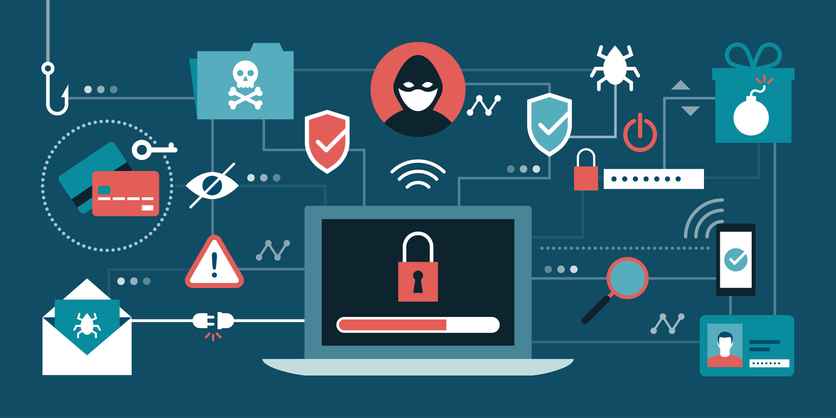Fact vs. Fiction – Myths about private note security
Through social media posts, mobile devices, online searches, and documents stored in the cloud, more information about us exists out ever before. With data hacks and security breaches now distressingly common, it’s that people are concerned about the security and privacy of sensitive information like private notes.
Handwritten notes are more secure
Think jotting thoughts by hand guarantees no one else access them. After all, not every piece of paper you touch is instantly whisked into the digital universe. However, physical security risks still abound: handwritten material easily falls into the wrong hands from theft to someone glancing at your open notebook. While apps like Evernote have faced data security issues, modern note-taking platforms increasingly emphasize privacy protections like zero-knowledge encryption. It means no one except the account holder decrypts the content. So even if a malicious hacker breaches their storage, your notes stay safe. The finding your paper journal could simply open and read it. Plus over time the ink fades, pages tear, or notes get lost altogether. Using a private digital platform backed by strict encryption may offer stronger, more adaptable protections.
Public notes aren’t risky
When using a note app, people may assume publicly visible content doesn’t require security precautions. But common sense suggests otherwise: whether notes contain personal information, work details, or even just casual day-to-day observations, you likely don’t want just anyone accessing them. Hackers commonly use public-facing data to gather password hints, impersonate identities, and craft targeted scams known as social engineering. And the content you willingly post for friends or followers to see always potentially be copied or shared more widely without your permission or knowledge.
Encrypted notes can’t get hacked
Zero-knowledge encryption rightly provides peace of mind that even hackers lurking in your note platform’s storage could not decrypt your content. However, encryption does not make accounts themselves impervious to being compromised. While rare, encryption keys could become exposed through security flaws or social engineering. If someone obtained your account credentials, they could then decrypt and access your notes. Encryption also does not secure your content if you stay logged into a compromised device or browser session and don’t log out. Additionally, while the stored file may be encrypted, data transfer while syncing between devices often utilizes standard SSL/TLS protocols. So there is a brief period where notes exist unencrypted between the app and the cloud servers. If hacked during this stage, they would be accessible as plain text.
Deleted notes can still be recovered
private notebook apps allow you to view previously deleted notes from your account trash folder for some time before permanent removal. It leads some to fear their discarded content isn’t truly erased from existence or still poses a lingering security threat.
However, reputable services contractually commit to completely wiping trashed notes after the retention period lapses, typically around 30 days. Ongoing background processes fully scrub associated data across storage systems to prevent forensic data recovery. So there is no digital material left for someone to maliciously restore your deleted notes from. That said, unintended data loss remains possible if you accidentally or prematurely empty the trash. So utilizing robust version histories for active notes and perhaps backing up to alternative platforms before final deletion provides added protection against self-sabotage.






